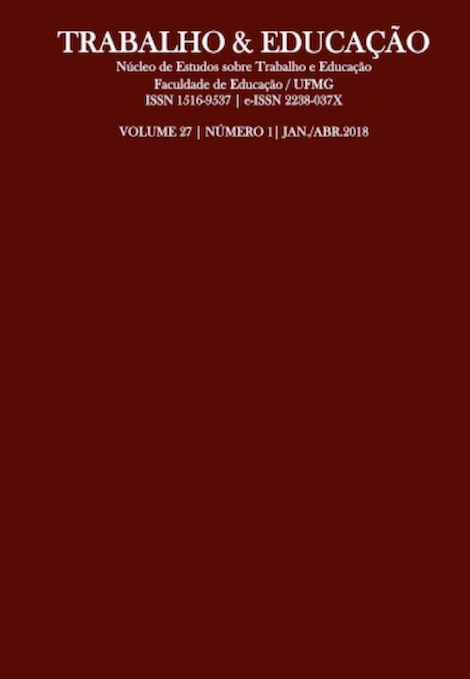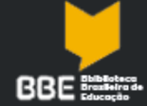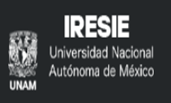ENTRE O TECNOLÓGICO E O CLÁSSICO: O MODELO DE UNIVERSIDADE DA UTFPR | Between the technology and the classic: the UTFPR university model
Palavras-chave:
Modelos de Universidade, Universidade Tecnológica, Ensino, Pesquisa e Extensão, University models, Technological University, Teaching, Research and ExtensionResumo
The present study aims to understand if the objectives intermediated in the conformation of the Federal Technological University of Paraná (UTFPR), after a decade of existence, have been changed with its operation. The documentary corpus is composed of official documents of the institution and of semi-structured interviews applied to managers involved in both processes of constitution of the UTFPR and its current moment. The data were treated using the Content Analysis technique. It was verified that UTFPR has not yet constituted its identity as Technological University and that the purposes proposed in the Law of its creation are not explicit in the Institution and it is questioned if they are sufficient to differentiate it from the Classical University. The proposals signed in the University ́s creation year, which involves technological education, high qualified undergraduate students and the teacher ́s profile have changed after twelve years revealing some losses. Although the research has shown growth in recent years, it still requires actions to undertake and transfer benefits to society. The extension presents itself as the great challenge in the University, which has in this artifice its differential as a Technological University. It is concluded that after the first years of being UTFPR, the university went through several changes and some losses, which distanced from the characteristics that make up a Technological University.
___
O presente estudo visa compreender se os objetivos intermediados na conformação da Universidade Tecnológica Federal do Paraná (UTFPR), depois de uma década de existência, foram transmudados com seu funcionamento. O corpus documental é composto por documentos oficiais da instituição e entrevistas semiestruturadas aplicadas a gestores envolvidos tanto no processo de constituição da UTFPR quanto de seu momento atual. Os dados foram tratados através da técnica de Análise de Conteúdo. Constatou-se que: a UTFPR ainda não constituiu sua identidade como UT; as finalidades propostas na Lei de sua criação não são explicitadas na Instituição, e questiona-se se são suficientes para diferenciá- la de uma Universidade Clássica. As propostas firmadas no ano de criação da Universidade, que envolvem a educação tecnológica, a formação de um aluno diferenciado e o perfil do docente sofreram alterações após doze anos, revelando algumas perdas. A Pesquisa, embora tenha apresentado crescimento nos últimos anos, ainda requer ações no sentido de se empreender e transferir benefícios à sociedade. A Extensão apresenta-se como o grande desafio da Universidade, que tem nesse artifício o seu diferencial como UT. Conclui-se que, passados os primeiros anos de funcionamento, a UTFPR sofreu diversas mudanças e alguns prejuízos, os quais acarretaram um afastamento das características que compõem uma UT.













